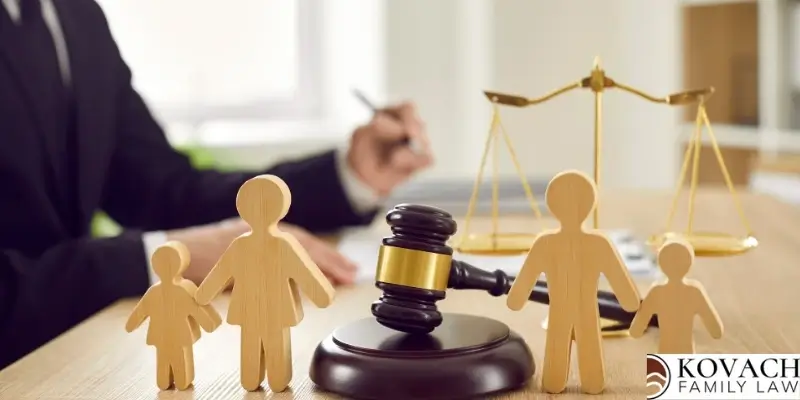How Long Does a Child Custody Case Take in California? 2025
How Long Does a Child Custody Case Take in California? 2025

Child custody cases can be time-consuming. Even if cases are relatively amicable, many factors must be taken into account when deciding custody. However, understanding all relevant information upfront can alleviate a significant amount of stress. Asking questions like, “How long does a child custody case take in California?” can help you gain a more thorough understanding of child custody law.
Understanding Child Custody in California
Child custody cases in California vary in length depending on the specific circumstances surrounding the case. One of the main factors is whether or not the parents can agree on the details of the child custody order. Overall, the court’s main concern is the best interest of the child, and all factors need to be considered when making this decision.
Factors That Influence the Length of a Child Custody Case
The length of a child custody case is influenced by numerous factors. Some of the most common ones include:
- Agreement between the parents. The biggest factor in the length of a child custody case is whether or not the parents can reach an agreement together outside of court. If the parents can agree on the arrangements, this can save them a significant amount of time.
- Court involvement. Going to court significantly increases the amount of time spent on the case. This is due to the fact that going to court requires many additional steps, such as filing motions and preliminary hearings. In addition, if the court has a full docket, this can delay or prolong proceedings.
- Case circumstances. If there are additional complications and accusations present, they can prolong the duration of the case. This can include allegations of abuse, complicated financial concerns, psychological evaluations, and additional disputes between the parents. Simpler cases are typically quicker.
Steps in the Child Custody Legal Process in California
When it comes to child custody, most cases involve similar stages, which may vary in length. Generally, the steps for child custody include:
- This step involves consulting with attorneys and choosing one to represent you. Next, all necessary information and evidence are gathered and prepared.
- One parent files for child custody, while the other is served with documentation.
- Some counties require both parents to attend an orientation so they are aware of the upcoming legal process.
- If an agreement cannot be reached, the parents are given a hearing to address any pressing concerns.
- Both sides present their case to the court.
- The judge gives a legally binding custody order.
A parent may contest the order or request a modification, but these steps will extend the time of the custody case.
Contact Kovach Family Law to Discuss Your Child Custody Case
If you are navigating a child custody case in California, Kovach Family Law can help. With years of experience in family law, we know how to build a successful custody case. We can also help explore solutions that allow you to reach a quicker resolution. Contact us today to schedule a consultation with a compassionate attorney.
Building A Better Future
For Your Family
Free Consultation 949-512-7287


